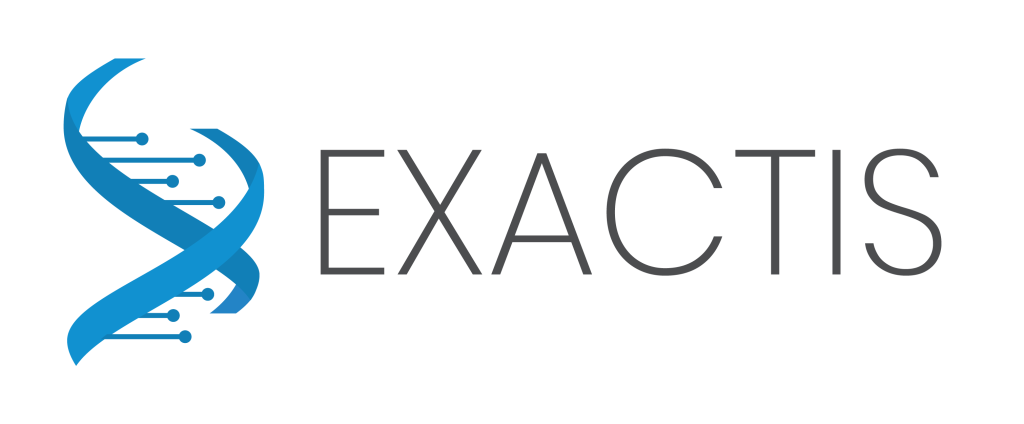20 December 2023
A Word from the CEO
Closing the Gap: Canada’s Urgent Need for Innovation in Life Sciences through Connected Health Data
As we end 2023, Canada’s life science ecosystem finds itself at a critical juncture. Having recognized the link between ccess to connected health data and our aspiration to become leaders in the life sciences, especially in the fields of artificial intelligence (AI) and precision medicine, there is a growing urgency to catch up to other markets that have already invested in health data infrastructure. On December 18th, the federal Ministry of Health announced the creation of the Canadian Drug Agency, with few specific details. Unfortunately, the slow pace and lack of focused investment continue to hinder our potential for innovation and job creation.
While connected health data has transformed drug development globally, Canada is grappling with challenges due to fragmented data. The lack of integration of diverse health data sets hinders progress in bioinformatics, computational biology, and data-driven drug discovery. This gap diminishes Canada’s potential to contribute significantly to global pharmaceutical advancements and the resulting job opportunities within the drug development sector.
Similarly, the need for skilled data scientists in Canada is more pronounced than ever, especially in the realms of drug discovery and personalized medicine. Although academic programs such as the Vector Institute and MILA have been successful training grounds for talented data professionals, the slow adoption of data-driven approaches limits the opportunities for Canadian data scientists to analyze complex datasets, predict patient responses, and contribute to optimized clinical trials. Closing this gap is essential for Canada to shape the future of healthcare through innovation and for creating a robust job market in data science.
The intersection of connected health data and AI in personalized medicine also presents a missed opportunity for Canada. The slow progress in genetics, patient data utilization, and AI-driven treatment planning leaves Canadian healthcare providers trailing behind in delivering tailored interventions. Seizing this opportunity is vital for Canada to establish itself as a leader in personalized medicine, fostering a job market aligned with this transformative approach to healthcare.
Let’s make 2024 the year that we acknowledge the challenges posed by a lag in connecting health data and instead seize the opportunity to turn the tide and position ourselves as an innovator in the global life sciences sector. By addressing the gaps in AI adoption, drug development, and personalized medicine, Canada can create a resilient life sciences ecosystem that fosters innovation and job creation. The urgency to connect health data is a call to action for Canada to not only catch up but also lead the way in shaping the future of healthcare on a global scale.
Kostas Trakas, PhD
CEO, Exactis Innovation

